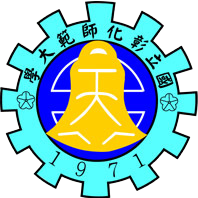SDG6.5.3 Off-campus water conservation support Year: 2021
NCUE has established a dedicated organisation to assist in guiding industries, local residents, and relevant stakeholders in Central Taiwan on strategies and methods for water con-servation. This ensures that our students, staff, and local residents obtain knowledge related to sustainable water resources management and that local industries improve their wa-ter utilisation efficiency, which fosters a sustainable supply and the recycling of fresh water.
1. Administrative organisation:
1.1 Established the Research Centre for Spatial Information and Disaster Prevention in Society:
Natural disasters are frequent in Taiwan. To minimise their impacts, the plan is to improve the effectiveness of disaster management and governance through geographic knowledge and the data provided by geographic information science, technologies, and knowledge management. The goals of water saving and conservation are further achieved through the planning and implementation of disaster prevention, mitigation, and relief.
Website: https://geo3w.ncue.edu.tw/rcgdp/
1.2 Established the Innovation and Incubation Centre:
NCUE has established the Innovation and Incubation Centre to effectively connect with local industries and to advise and improve the local plumbing hardware and other tradi-tional industries, thereby achieving the goals of water saving and conservation. These goals are also realised through active contacts with local industries and by counselling and participating in the SBIR plan.
Website: https://www.sbir.org.tw/
2. Research:

2.1 Faculty appointment:
Our Department of Geography hires faculty members who are experts in environmental and ecological conservation and who specialise in hydrology to enhance its research capac-ity in hydrology. Education in hydrology and ecology serves as the starting point for realising the goals of disaster prevention and mitigation, as well as water saving and conserva-tion.
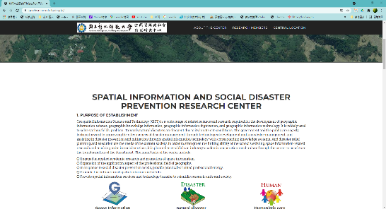
2.2 At the national level
2.2.1 NCUE participated in the projects “Investigation and Analysis of the Potential Impact of Rainfall and Collapse in the Laonung River Basin” and “Using Forest LiDAR Point Cloud and Hyperspectral Data to Analyze the Spectral Characteristics of Land Features and Tree Canopy” launched by the Forestry Research Institute, Council of Agriculture, Executive Yuan in 2019 and 2020, respectively. With its research capacity, NCUE assisted disaster prevention and mitigation at the national level, with the aim of helping the state achieve its ultimate goals of water conservation and sustainable water resources management and development.
2.2.2 The Department of Geography undertook the “Monitoring of Agriculture, Fisheries, and Social Ecosystems in Taiwan’s Western Coastal Wetlands (1/3)” project (sponsored by the National Science Council), and selected Fangyuan Township as the focus of the research to establish a locally focused pilot station, to conduct a long-term and basic, yet critical, set of observations of the social-ecological system. The Changhua Station has been chosen as the location for long-term social-ecological observation. The observation station also conducts monthly water quality inspections in the ditches of the Wanggong Breeding Area; recently, a survey covering the February–July 2022 period has been completed. In addition to continuous monitoring, it is expected that three water quality monitoring sample points at the Erlin River, Hougang River, and Wanxing Drainage Ditch will be added, and automatic water quality monitoring equipment will be installed for continuous monitoring.
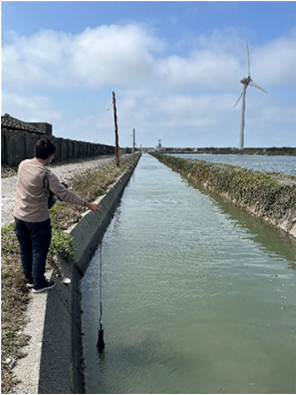
Water quality inspection at the observation station
3 Industrial cooperation:
3.1 Cooperation with local industries:
Our Innovation and Incubation Centre actively cooperates with local industries, especially the plumbing hardware industry, which has shown excellent development potential. We advise and assist local industries in their transformation, technological upgrades, and improvements to production processes, thereby contributing to the ultimate goal of recycling water resources.
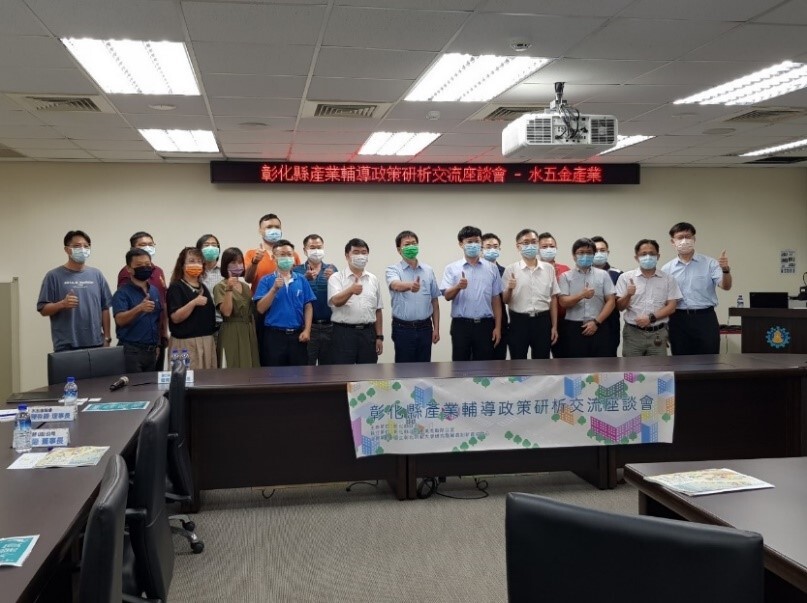
Group photograph of ‘Symposium and Exchange on Industrial Advice, and Policy Research and Analysis: Plumbing Hardware Industry of Changhua County
3.2 Cooperation with the other industries:
For example, the Technical and Vocational Education Centre specialises in assisting local industries with their development and the planning of practical and feasible goals that are in line with national policies and directions for local development. Governmental, academic, and corporate resources are integrated to provide research and development as well as technical assistance to industry. Cooperation between the Technical and Vocational Education Centre and related industries has led to various outcomes, including the application of healthy highly-oxygenated drinking water and highly-oxygenated water in aesthetic medicine. This enables innovative technologies and concepts to be introduced into the med-ical aesthetics industry.
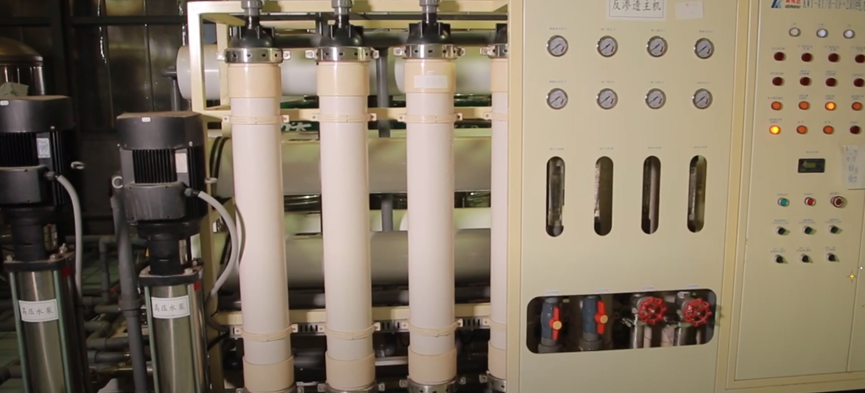
Reverse osmosis host - after the water has undergone two deep treatment, all minerals and gases in the water are filtered through RO reverse osmosis equipment, so that the water is 100% pure
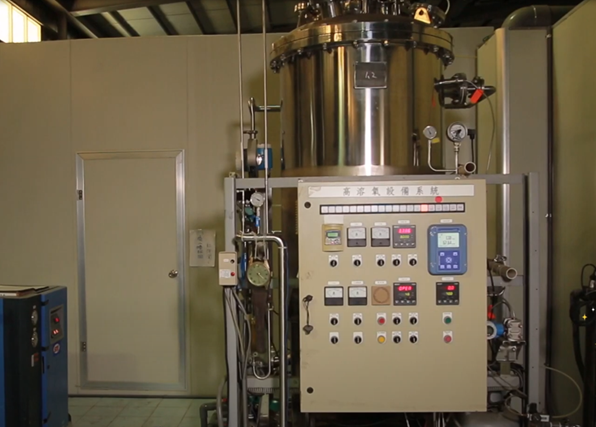
Patented high-dissolved oxygen equipment system: Technologies including high-speed cutting of water and high-pressure oxygen dissolution cause oxygen to dissolve in water
